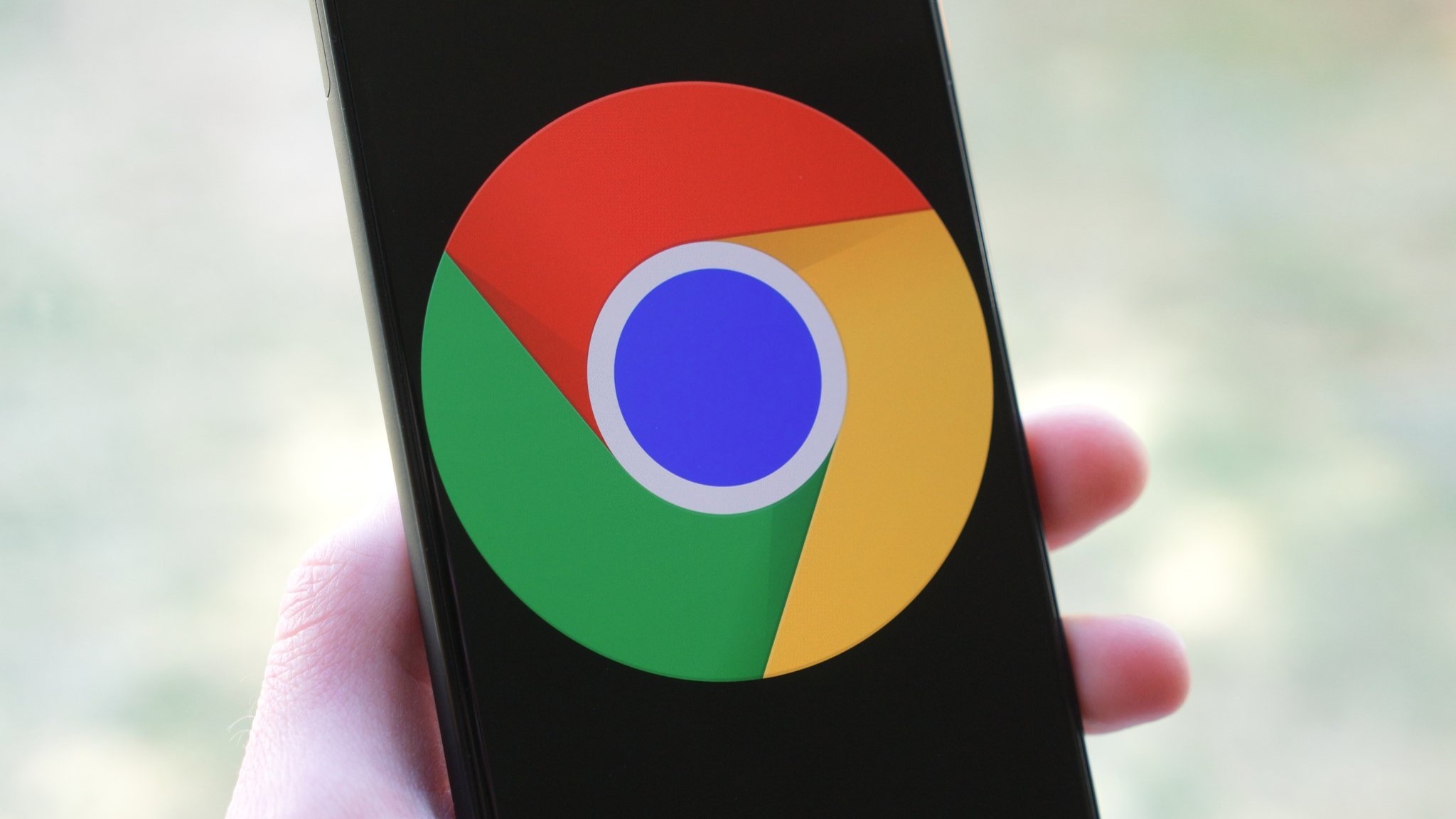The Gear VR is dead, and it's long past time we said goodbye
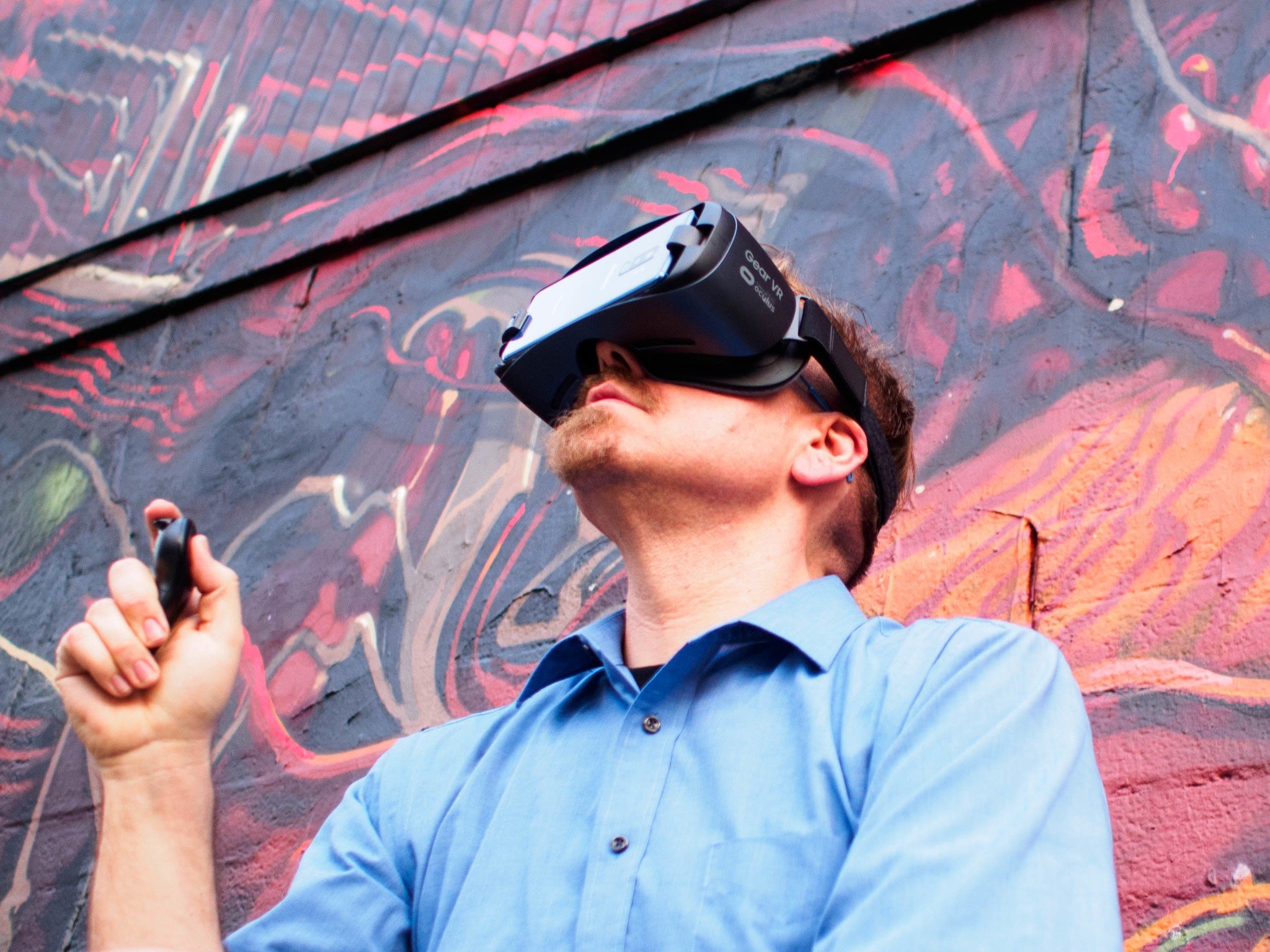
The writing has been on the wall for a little while now. Samsung went from releasing a new Gear VR with every phone and giving them away like they were expired Halloween candy to avoiding the topic entirely. Vague statements about how the company "remained committed" to the Gear VR platform rang hollow for the last two releases, and now it's clear the Galaxy Note 10 won't support the headset at all.
Samsung's experiment with the Gear VR is over, but all things considered, it had a pretty great run.
Everyone wants one when it's free
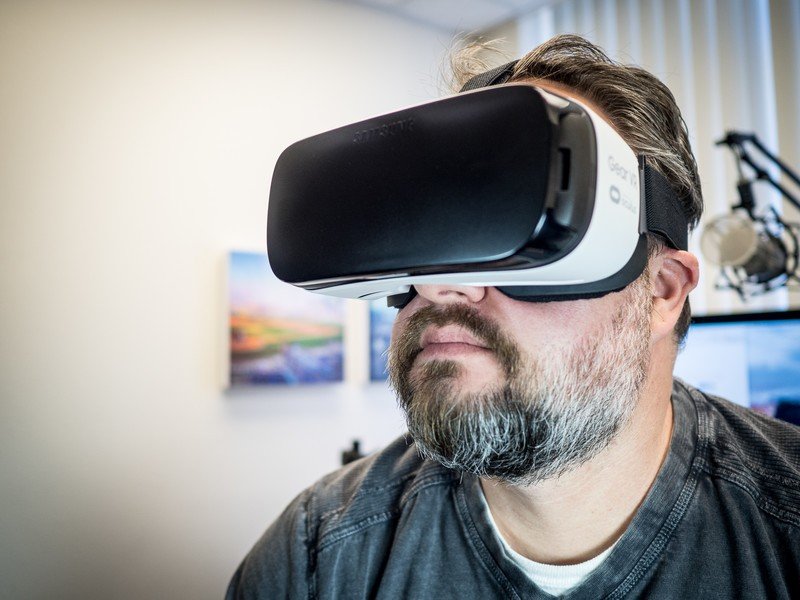
Five years ago, everything was going to be in VR. Analysts had turned it into the next big thing, and every tech company was trying to figure out how to get in on the action. Google was giving out pieces of cardboard you could stick your phone in, Oculus had just gotten an enormous amount of hype from a successful Kickstarter campaign, and depending on who you asked the future was already here.
So, naturally, Samsung needed to get in on the action. And, as is often the case with Samsung, the first version was kind of awful.
Released as a developer kit with the Note 4, the Gear VR had some heat problems so extreme, an active fan in the headset couldn't solve the problem. This wasn't entirely resolved when the system was fully released to the public, but most folks didn't care because they didn't pay for it. To ensure a ton of people had access to the platform right away, Samsung included the Gear VR headset with nearly every purchase of a high-end Samsung phone. Millions of the headsets were shipped around the world, often with a credit to buy a few games included.
For a couple of years, Samsung did a great job making it seem like the Gear VR was massively popular.
These headsets weren't really a Samsung concept. The hardware and software powering the Samsung Gear VR were entirely powered by Oculus. When you entered the Gear VR software, the Oculus logo was everywhere. When you bought apps in the Gear VR ecosystem, Oculus maintained the payment gateway. The Oculus logo was on the headset, right next to Samsung's, but it was pretty clear which company really managed the system.
What Samsung offered was a massive instant group of users, and access to a widely popular hardware system. It was a marriage of convenience for both sides, and the two companies worked quickly to improve the plastic casing the phone would snap into to make it all work with each Samsung phone release.
Be an expert in 5 minutes
Get the latest news from Android Central, your trusted companion in the world of Android
For a couple of years, Samsung did a great job making it seem like the Gear VR was massively popular. News reports of Samsung shipping 3.65 million headsets in 2017 seemed huge, bigger than all of the other VR headsets combined. Now, Samsung didn't actually charge anyone for those headsets, and it's not like the addition of the Gear VR was enough to make someone choose a Samsung phone over another.
But of all those headsets shipping, how many people were actually using VR? According to Oculus at the time, over a million people had used the Gear VR at least once. That was a huge number of people to use this nascent technology at the time, but it also meant only about a third of the owners were regularly using them. And Oculus never provided numbers for how long those people were using the headsets or how often those uses are taking place.
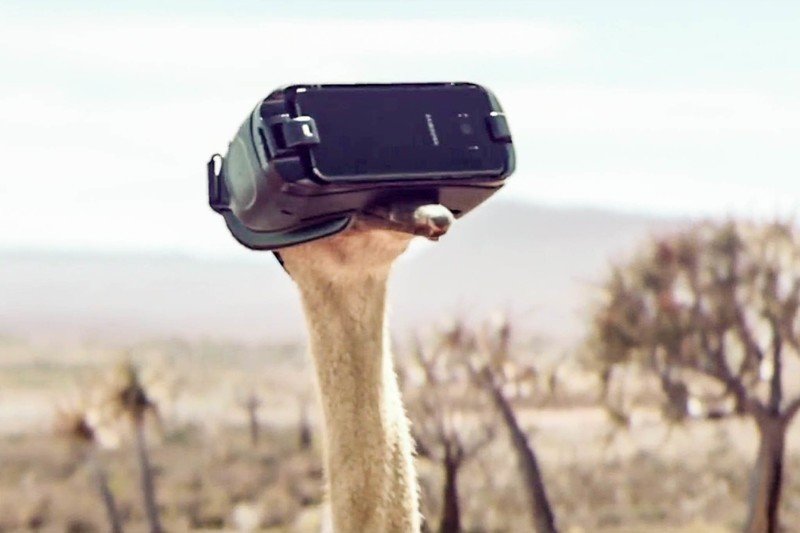
By passing these things out to basically everyone, Samsung's Gear VR became the "number one" VR headset on the planet for a couple of years. And in that time, the software improved dramatically. Oculus went from building a clumsy plastic shell for watching VR video and the occasional game to a full entertainment system powered by your phone. Game developers pushed the boundaries of the headset with some fantastically unique experiences, and live sporting events in VR became a thing thanks to the popularity of the headset. At its peak, the Gear VR was a genuinely unique experience without equal in the mobile VR world, complete with weekly releases of new games and videos well worth enjoying.
For a brief moment, the perceived popularity of the headset grew beyond Samsung. Six Flags and other theme parts started using the Gear VR to create virtual roller coaster experiences. Art exhibits started using the headset to offer alternate viewing angles. Samsung and several other companies released multiple 360-degree cameras to offer a way for people to quickly create their own content for the platform. In the middle of 2017, it genuinely seemed like the Gear VR was an actual thing, that people were using it and loving it in numbers that would justify it as its own platform people would pay money for instead of just getting for free.
And then, suddenly, it all stopped. When asked at the Galaxy Note 10 launch event by Moor Insights & Strategy Analyst Anshel Sag, Samsung confirmed this new phone would not support the Gear VR in any way. Even if you already had the headset, putting the new phone in it would do nothing.
A bad breakup, and the end of the road

The first time Samsung didn't talk about the Gear VR at all during an announcement, it was clear something was wrong. Samsung didn't say anything about the headset being cancelled or anything, but if you compare the way Samsung talked about the headset in 2017 with the way it talked about the headset in 2018 there's clearly a problem.
That problem, it turned out, was Oculus deciding to move on with its own project. In late 2018 Oculus unveiled its first standalone VR headset, the Oculus Go. This headset had the parts of a phone built in to the headset, so no need to use your own phone, and promised to run almost all of the same apps and games as the Gear VR. At the time, Oculus made it seem like the Oculus Go was not there to replace the Gear VR, that each were viewed as significant to Oculus. And sure, that makes sense, Oculus still had at least a few hundred thousand people actively buying things on that platform. It would be a while before this new platform was anywhere near those numbers.
If you take a look at the demos of the Galaxy Note 10, it's clear Samsung now believes pursuing augmented reality is the way to go.
But the reality is Oculus has been able to do significantly more with Oculus Go than it was ever able to with the Gear VR. By using a full Samsung phone, Oculus had to navigate the mess of existing background applications all demanding precious system resources and consuming battery. As a dedicated hardware and software setup, the Oculus Go could not only do more with less from a gaming perspective, but also offer richer visual experiences at higher framerates. Even though the Oculus Go was noticeably less powerful on paper than the Samsung Galaxy S8 that powered the last Gear VR, it outperformed the phone-based VR headset in every way.
After Oculus Go was released, we stopped hearing about how dedicated Oculus was to continue support of the Gear VR. And when you combined the silence from Oculus with the silence from Samsung, it wasn't at all surprising to see again with the launch of the Samsung Galaxy S10 the Gear VR was nowhere to be found. Now, with the Galaxy Note 10 making it official with no support at all, this headset and its platform are now officially dead. But honestly, I'm okay with that. While it's not going to come free with your phone, Oculus Go is still an incredible headset at a really good price, and I think Oculus made the right call in moving on without Samsung.
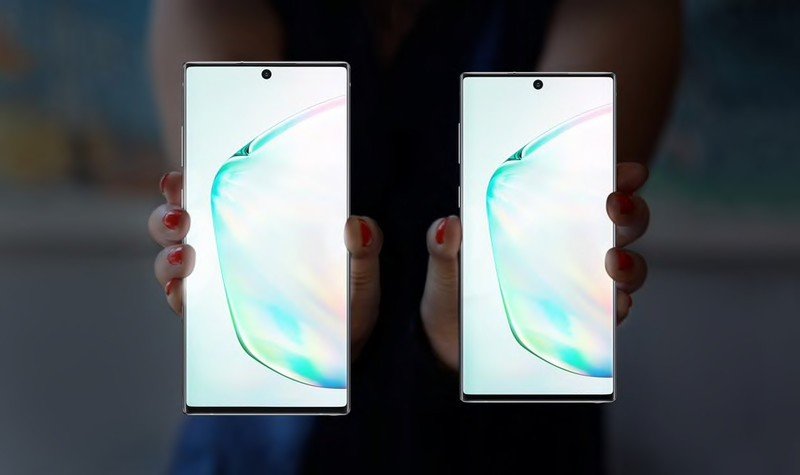
Samsung's VR aspirations, both for the Gear VR and for the nearly equally inactive Windows Mixed Reality platforms, are done for now. In both situations, Samsung was just the hardware partner, and not really involved in the parts of the ecosystem that made the most money in the end. And at this point, if Samsung were to try to spin up its own system to replace what it has lost, it's not immediately clear the company would be able to successfully pull it off.
So for now, the headset manufacturer is moving on. If you take a look at the demos of the Galaxy Note 10, it's clear Samsung now believes pursuing Augmented Reality is the way to go. It's another pop culture event analysts say will be hugely popular, and so Samsung is following its same playbook and jumping in to say it's a part of the moment. But unlike the Gear VR, which was powered by a company with ambitions of pushing the limits and exploring something new, Samsung's just going to ride this new wave until the next one.

